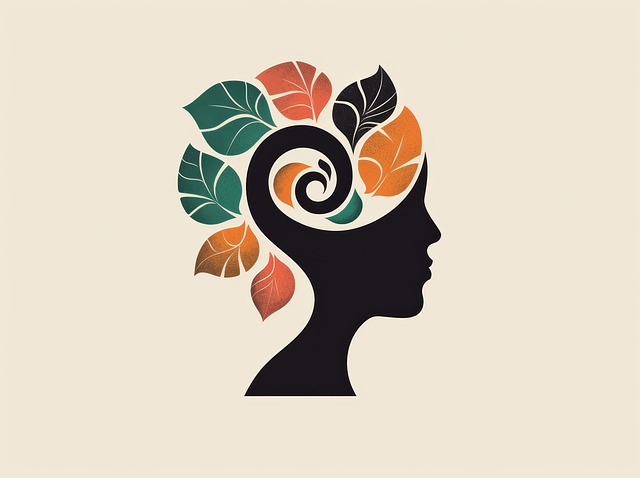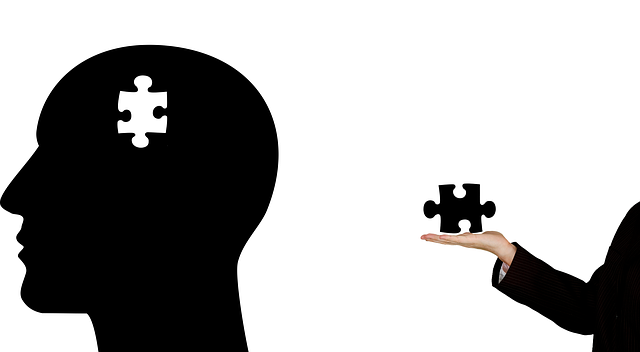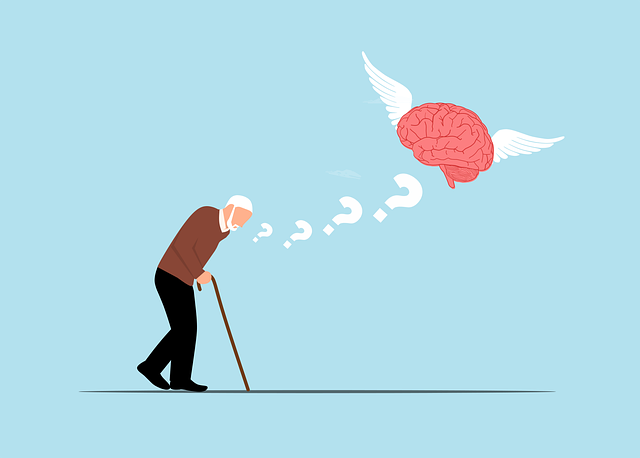Stress and mental health challenges among young minds are significant issues, often manifesting as anxiety, depression, and behavioral problems due to their ongoing development. Early recognition of signs like sleep disturbances, irritability, and concentration issues is crucial since children may not verbalize stress. Interventions such as therapy, including play, art, and family counseling, offer tools for managing trauma-related alcohol abuse in children, building resilience, and healthy coping mechanisms. Stress reduction techniques, like Cognitive Behavioral Therapy (CBT) and self-care routines, empower young individuals to handle stress, especially when facing childhood trauma or family alcohol issues, ultimately promoting long-term mental well-being.
Stress reduction is a vital topic, especially regarding young minds. This article explores effective methods to alleviate stress and its profound impact on children’s well-being. We delve into the understanding of childhood stress, focusing on alcohol abuse as a significant concern. By examining therapy approaches tailored for young children and providing practical strategies, this guide offers valuable insights for parents, educators, and caregivers. Discover how these techniques can foster resilience and promote healthy development in kids.
- Understanding Stress and Its Impact on Young Minds
- Therapy Approaches for Addressing Alcohol Abuse in Children
- Practical Strategies for Effective Stress Reduction in Kids
Understanding Stress and Its Impact on Young Minds

Stress is a normal part of life, but for young minds it can be particularly damaging. Children and adolescents are still developing cognitively and emotionally, making them more susceptible to the long-term effects of chronic stress. This can manifest as anxiety, depression, and even behavioral issues. Recognizing the signs of stress in young individuals is crucial—they may not always express their feelings verbally. Common indicators include changes in sleep patterns, increased irritability, difficulty concentrating, and withdrawal from social activities.
While stress is a natural response to challenges, excessive or prolonged stress can be harmful. That’s where effective interventions come into play. Therapy for young children can offer valuable tools like anxiety relief techniques, self-awareness exercises, and even compassion cultivation practices. These strategies not only help children manage their immediate stressors but also foster resilience and emotional intelligence, equipping them to navigate future challenges with greater ease.
Therapy Approaches for Addressing Alcohol Abuse in Children

Early intervention is key when addressing alcohol abuse in children. Therapy approaches tailored for young children focus on identifying and managing underlying issues such as trauma, which often contribute to substance misuse. These therapies utilize play therapy, art therapy, and family counseling to create a safe space for expression and healing. By engaging both the child and their support system, these methods aim to build resilience, foster healthy coping mechanisms, and prevent further alcohol-related behaviors.
Trauma support services are integral to effective treatment plans, as they help children process their experiences and develop positive self-images. Risk management planning for mental health professionals ensures that therapists are equipped to handle potential triggers and setbacks during therapy. Through these comprehensive approaches, children can learn to navigate life’s challenges without resorting to alcohol, fostering long-term recovery and improved mental well-being.
Practical Strategies for Effective Stress Reduction in Kids

Stress reduction is an essential aspect of mental wellness, especially for children who are still developing their emotional coping mechanisms. For young kids, practical strategies can significantly impact their overall well-being. One effective method is incorporating therapy, such as cognitive-behavioural therapy (CBT), which teaches them to identify and manage stress triggers. CBT helps children understand their thoughts and emotions, providing tools to challenge negative thought patterns and replace them with positive ones.
Additionally, encouraging a self-care routine can be life-changing. Simple practices like journaling allow kids to express their feelings and track their progress. Exercise guidance, even brief daily walks or age-appropriate physical activities, releases endorphins, reducing stress hormones. Promoting positive thinking through affirmations and gratitude practices can also foster a sense of calm. These strategies, combined with open communication about emotions, empower children to navigate stress effectively, especially when facing challenges like childhood trauma or alcohol abuse within the family.
Stress reduction is a vital aspect of holistic child development, especially for young minds navigating life’s challenges. By understanding the impact of stress and employing evidence-based strategies, such as therapy for alcohol abuse in children, parents and caregivers can foster healthy coping mechanisms. Practical approaches like mindfulness exercises and social support networks play a significant role in effective stress management for kids. These methods not only enhance their well-being but also empower them to navigate future stressors with resilience and adaptability.











